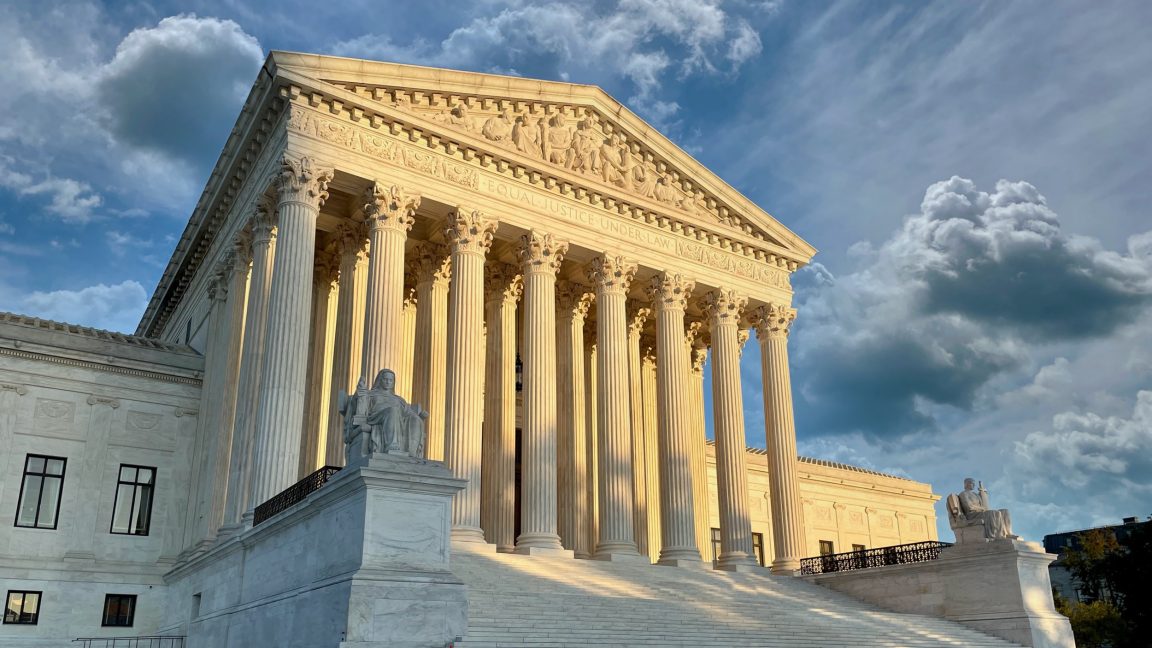
""The 6th Circuit's decision earlier this year was spectacularly wrong, and the protections it struck down are extremely important. But rather than attempting to overcome an agency that changed hands - and a Supreme Court majority that cares very little about the rule of law - we'll keep fighting for Internet affordability and openness in Congress, state legislatures and other court proceedings nationwide," Wood said."
""Though the 6th Circuit erred egregiously in its decision to overturn the FCC's 2024 Open Internet order, there are other ways we can advance our fight for consumer protections and ISP accountability than petitioning the Supreme Court to review this case - and, given the current legal landscape, we believe our efforts will be more effective if focused on those alternatives," said Raza Panjwani, senior policy counsel at the Open Technology Institute."
""The 6th Circuit decision makes bad policy as well as bad law. Because it is at odds with the holdings of two other circuits, we expect to take the issue to the Supreme Court in a future case," said Andrew Jay Schwartzman, senior counselor of the Benton Institute for Broadband & Society."
"California still enforces a net neutrality law. ISPs tried to get that law struck down, but courts decided that states could regulate net neutrality."
The Supreme Court ruling in 2024 categorized broadband as an 'information service', allowing courts more authority to reject agency rules. The 6th Circuit's decision overturned the FCC's 2024 Open Internet order, prompting organizations like Free Press to focus efforts on alternative strategies for internet affordability and consumer protection instead of Supreme Court appeals. There is potential for net neutrality issues to surface in another Supreme Court case, as the 6th Circuit's decision contradicts findings from two other circuits. California maintains a net neutrality law, which has been upheld in court against ISP challenges.
Read at Ars Technica
Unable to calculate read time
Collection
[
|
...
]